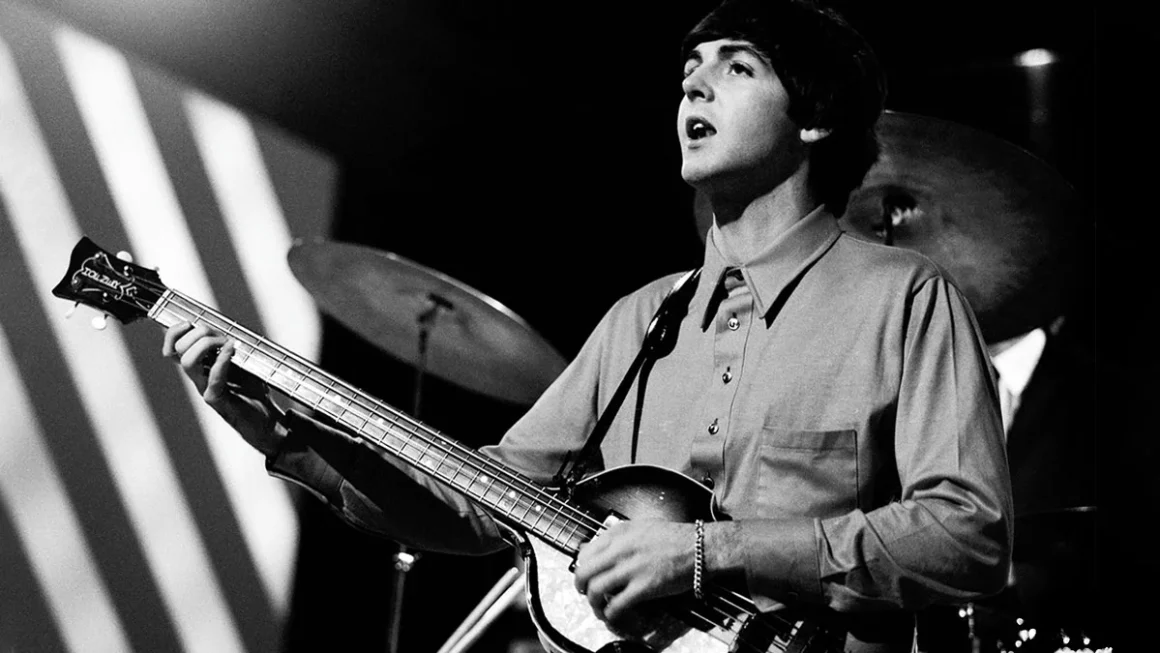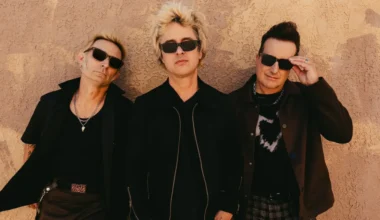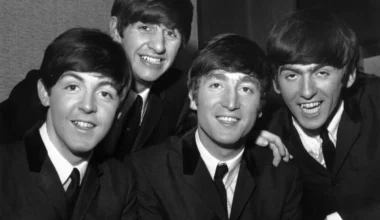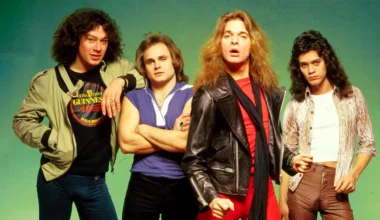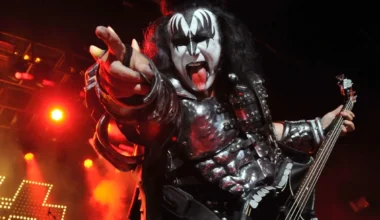George Martin’s assistance was crucial to The Beatles’ overall success. It took Martin’s inventiveness to make John Lennon and Paul McCartney into rock legends, even though they developed into incredible songwriters over the course of their careers. Martin frequently offered advice on how to arrange their early songs and translated his ideas to classical instruments. McCartney believed Martin wouldn’t approve of one of the band’s more psychedelic endeavours. Despite the fact, that Martin was known to embrace the band’s ideas.
The band was already pushing the boundaries of what they could do in the studio as 1965 approached. Even though the band’s absurd comedy Help showed off their playful side, the Fab Four gradually introduced their bizarre rock interpretations into the studio. They released their debut brief musical statement on the album Rubber Soul.
More daring rock bands hoping to emulate The Beatles were also emerging in England at the same period. The Beatles were paying attention, creating songs influenced by hard rock on tracks like “Day Tripper”. Meanwhile, acts like The Rolling Stones were submerging themselves in perilous blues rock sounds.
With “Paperback Writer,” their subsequent single, the band completely gave in to psychedelic music. Lennon’s various acid experiments influenced the band’s next full-length album, Revolver, introducing a new style of rock and roll with different harmony sections and an acidic guitar riff.
Every song on the album showcased the band’s ongoing evolution, from Lennon’s folk-acid exercises like “I’m Only Sleeping” to George Harrison’s razor-sharp guitar work on “Taxman.” Every song on the album, even McCartney’s popular dark ballads like “For No One” and “Eleanor Rigby,” was overshadowed by “Tomorrow Never Knows.”
Lennon would compose one of the most hallucinogenic songs ever, incorporating passages from Timothy Leary’s The Psychedelic Experience. The title of the song would be derived from one of Ringo Starr’s malapropisms. McCartney, initially doubtful, looked forward to working on the song, thinking Martin wouldn’t be fond of it.
We thought it was okay because Indian music is all on one chord. But, Macca worried that Martin would find the song too simple because so much of it focuses on just one chord. Macca expressed this concern to Anthology. I wasn’t sure how he would react to it. Previously, we had three chords at least. Just John singing, “Turn off your mind, relax, and float downstream,” while fervently strumming the letter C.
Martin took to the song right away, despite the fact that Paul McCartney had told Rolling Stone that “it was a radical departure…”. Despite Martin’s experience working with classical instruments. “Rather interesting, John,” he remarked. incredibly fascinating. Subsequently, the group embarked on realizing Lennon’s concept, incorporating Starr’s ingenious reverberated drum segment. They also added multiple layers of varying retro effects that were impossible to replicate live.
“Tomorrow Never Knows” was not so much a song as it was a mission statement, even though the band didn’t use it live. This was the sound of The Beatles making a radical departure from classic rock & roll. This abandoned their years-long reputation as the endearing moptops.

